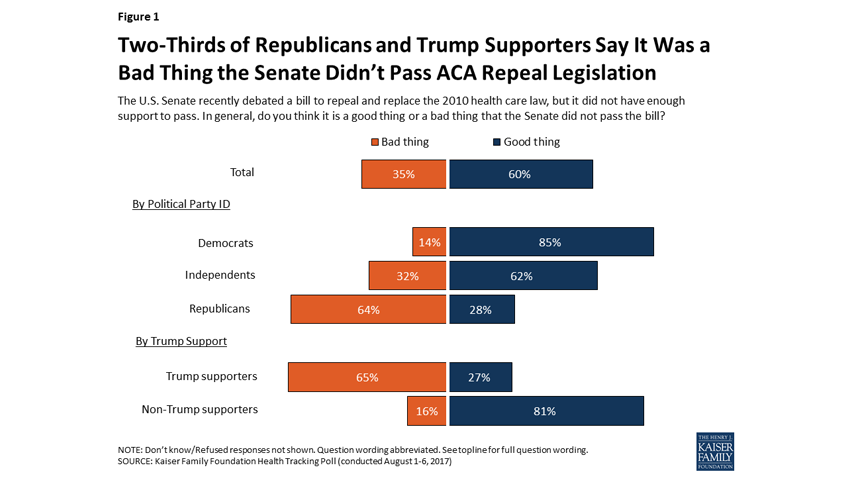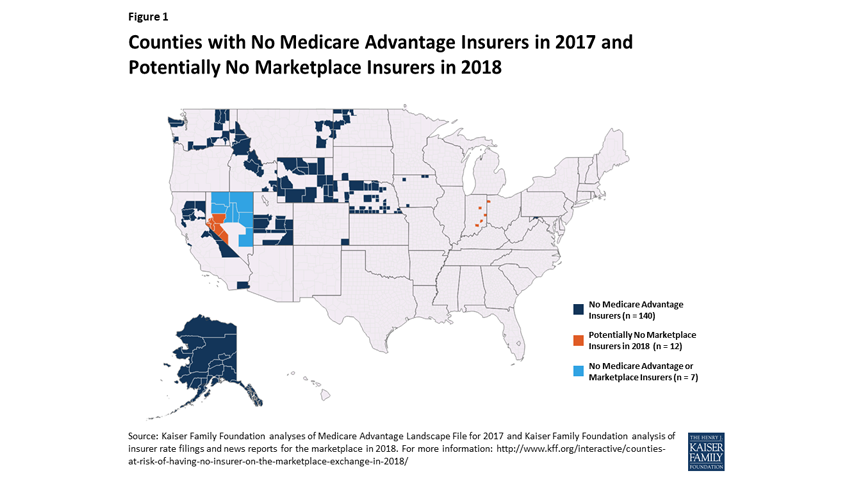
One-on-One Medicare Counseling Program Safe in the Senate
This week, future funding for State Health Insurance Assistance Programs (SHIPs) is once again at stake. SHIPs provide unique one-on-one, in-person counseling to help people with Medicare understand their rights and navigate their coverage options. Despite their high value and low cost, SHIPs have been under threat for the past several years, but have survived through a combination of strong advocacy and diverse Congressional support.









